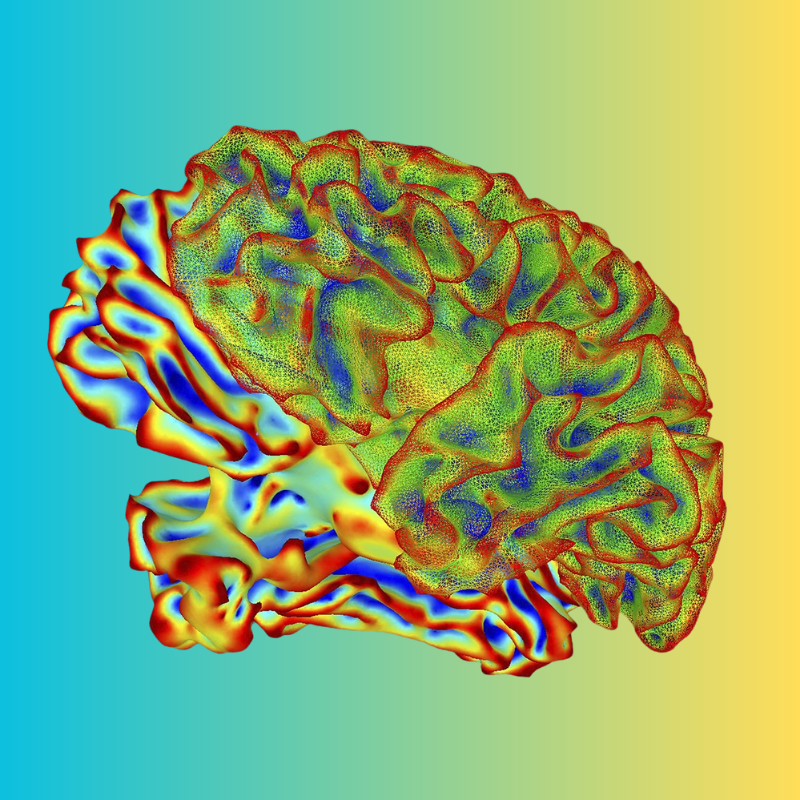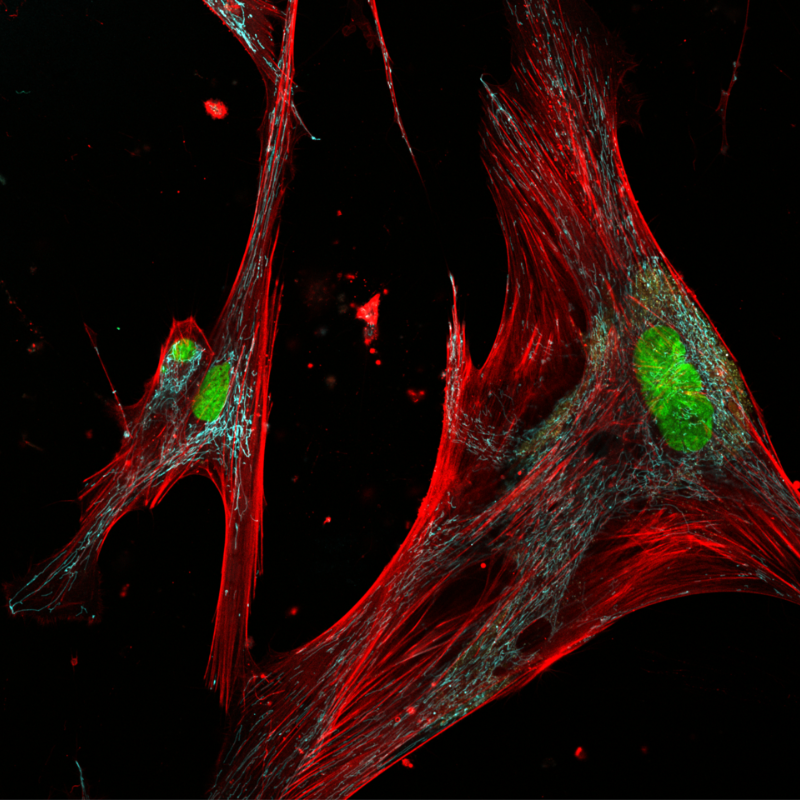There is little debate that the microbiome plays an overall role in health; however, there is much to be learned about potential factors influencing the microbiome, particularly that of the skin, since it has the most exposure to the environment. It has been shown that the skin microbiome of newborns evolves to an infant-like profile, after rapid diversification throughout the neonatal period and into infancy.
Evidence shows that the presence of certain commensal microbial species limits access to opportunistic pathogens and may play a role in immune modulation. By contrast, an alteration in the relative abundances of bacteria has been shown to be related to certain skin diseases. For example, the diversity of the skin microbiome is decreased in patients with atopic dermatitis (AD). Emollients are frequently used in AD management because of their effects on improving the skin barrier and reversing microbial dysbiosis.





